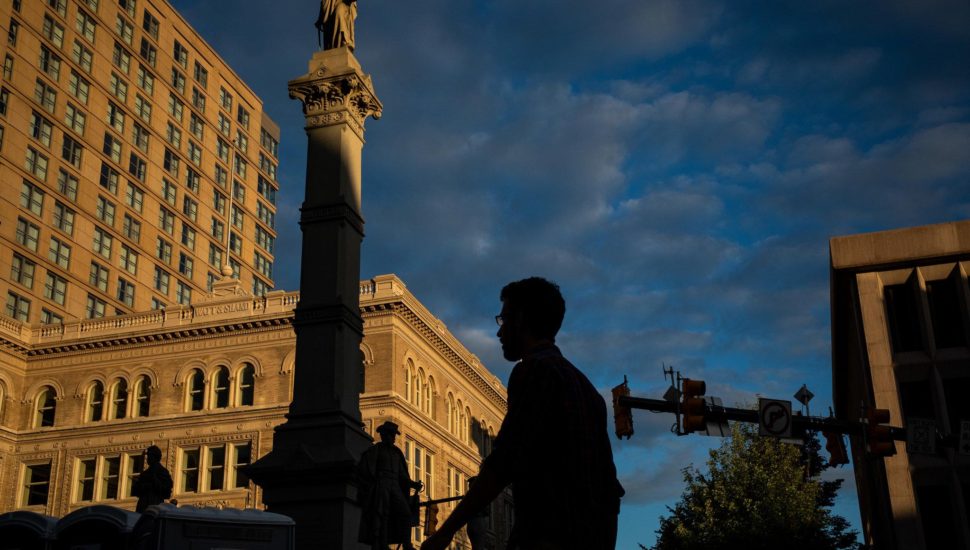Local, Emerging Coalitions Like Those in the City of Lancaster Provide Glimmer of Hope During Dark Days of National Politics

In these days of uncompromising national politics, complex adaptive coalitions in local government are providing a glimmer of hope, writes Thomas Friedman for The New York Times.
The cities and communities forming these coalitions are thriving from the bottom up, while others continue to deteriorate.
The best example of what can be achieved when party boundaries are crossed is Lancaster. The innovation shown by its town leaders has helped rebuild the once-struggling city and county.
In the late 1990s, Lancaster city was a crime-ridden ghost town with its main employer, Armstrong World Industries, failing. Then, a number of prominent citizens realized that time was running out, and no one from either the state or Washington, D.C., was coming to save them.
So they threw out partisan politics and established a complex adaptive coalition. This forced officials, business leaders, educators, philanthropists, and social innovators to work together.
One element of this is the Hourglass Foundation, a group of respected volunteer community activists who make recommendations and gather resources.
“The key to it all is trust,” said Art Mann Sr., one of the foundation’s members. “You can only get progress where there is trust.”
Read more about the emerging coalitions in The New York Times here.
Connect With Your Community
Subscribe to stay informed!
"*" indicates required fields

















![95000-1023_ACJ_BannerAd[1]](https://vista.today/wp-content/uploads/2023/03/95000-1023_ACJ_BannerAd1.jpg)






























